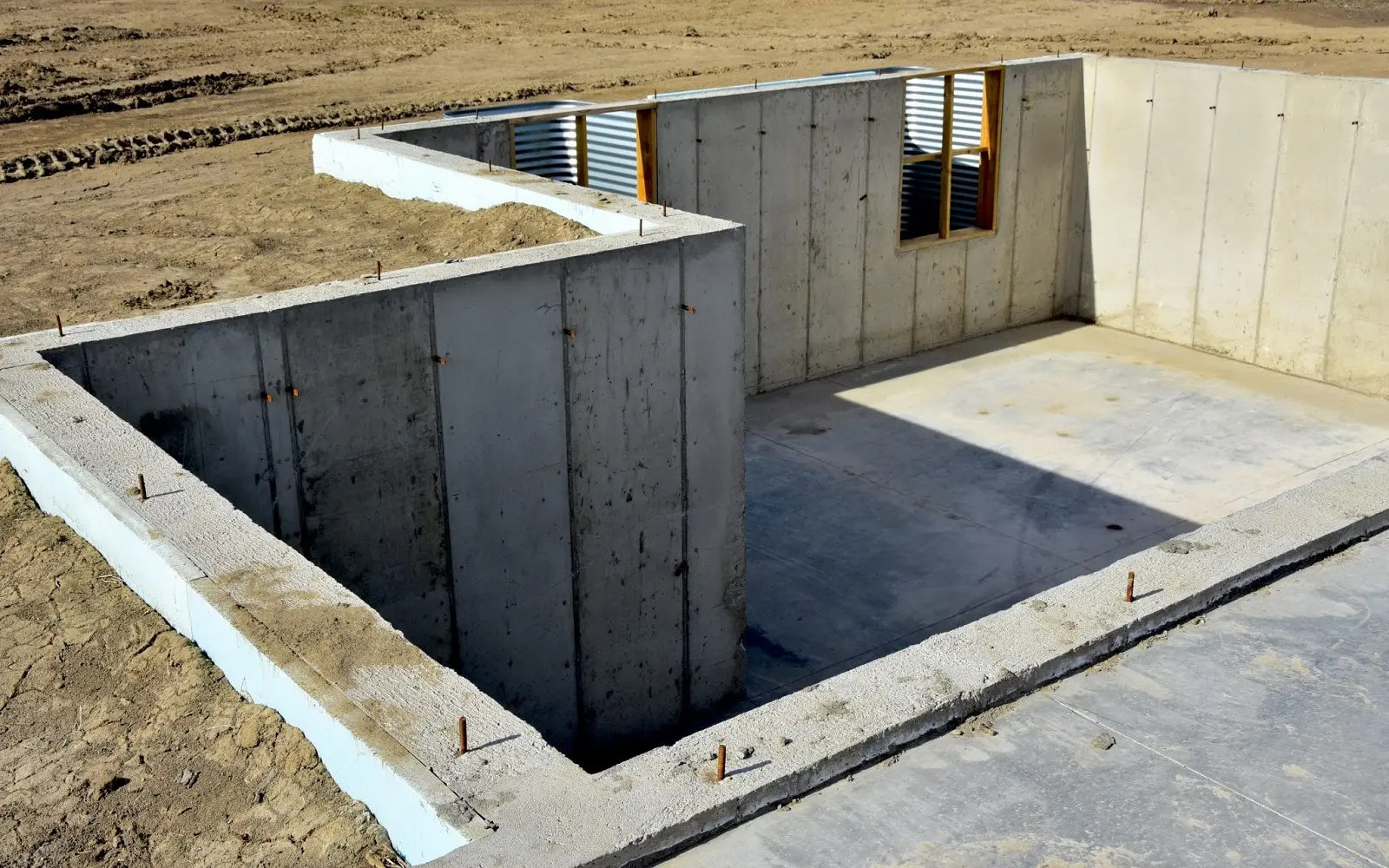Digging out a basement is no small undertaking, and the cost to dig out your basement can vary greatly depending on whether you choose to do it yourself or hire a professional.
Knowing what’s involved in each option—from hiring professionals for the job, taking on DIY digging projects, preparing for excavation work, and aftercare—can help you make an informed decision about which route best suits your budget.
In this article, we’ll explore all aspects of the cost of digging out a basement so that homeowners have everything they need to decide if they should take on such a project themselves or seek assistance from experienced contractors.
Cost to Dig Out Basement
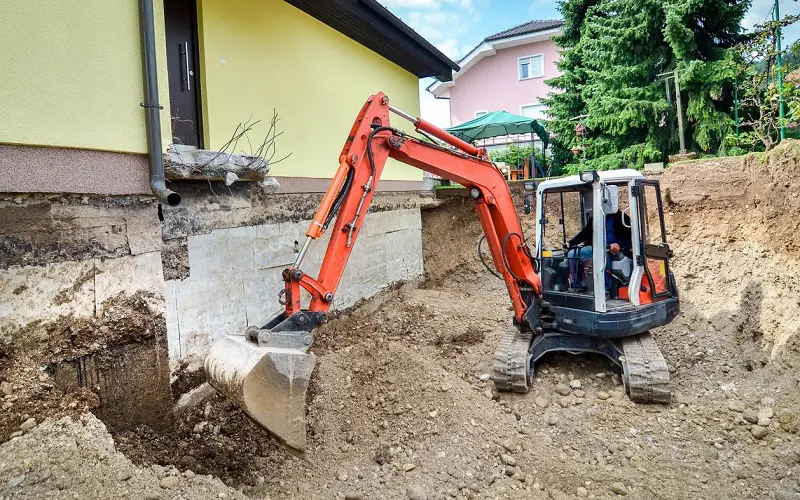
JGA/Shutterstock
It involves excavating the soil around your home, removing any existing foundation walls, and then pouring new concrete footings and walls to create additional living space.
The cost to dig out a basement depends on several factors, including the size of the area being dug out, local labor costs, access to utilities such as water or electricity, soil conditions, and whether you hire a professional contractor or do it yourself.
Overview of The Process
Digging out a basement requires significant excavation work that can only be done by experienced professionals with specialized equipment.
The process typically begins with an assessment of your home’s foundation system to determine if there are any structural issues that need to be addressed before beginning excavation work.
Once this has been completed, workers will begin excavating the area around your home using heavy machinery such as backhoes or bulldozers.
They may also need to remove existing foundation walls in order for them to dig deeper into the ground below your house.
After all necessary excavation work has been completed, they will pour new concrete footings and walls, which will form the basis for your newly created living space.
Several factors can affect the cost of digging out a basement. These factors include:
- local labor rates
- access to utilities such as water or electricity lines running through underground pipes near where you plan on digging
- soil conditions (e.g., clay soils are more difficult than sandy soils)
- depth required for adequate headroom in finished rooms below grade level
- DIY or hire professional contractors.
Some areas require permits from city hall prior to starting construction; therefore, make sure you check with local authorities first.
Generally speaking, the larger the area being dug out, the higher the cost associated with completing the project. On average, expect to pay between $15 and $25 per square foot, depending on the complexity of the job.
For example, digging out a small 500-square-foot room would cost approximately $7000, while a larger 1000-square-foot room could run up in the $20,000–$30,000 range due to extra materials needed to complete the job properly.
The cost of digging out a basement can vary depending on the size and scope of the project, but it is important to hire a professional who has experience with this type of work.
Hiring a Professional to Dig Out Your Basement
Benefits of Hiring a Professional
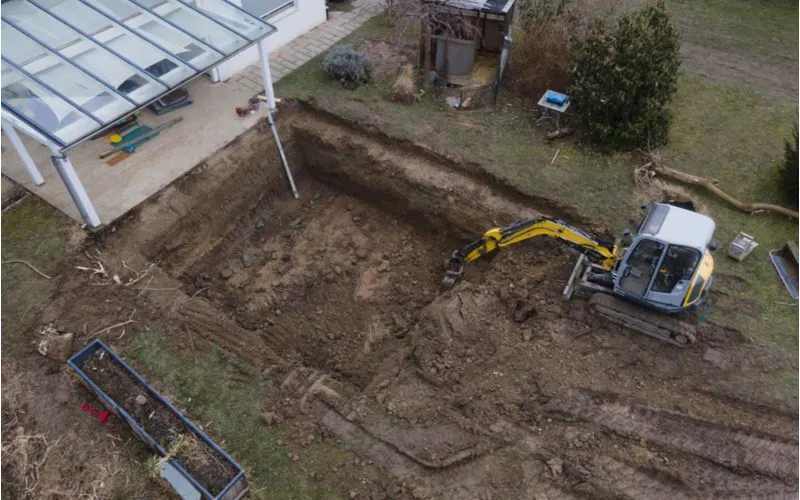
Epixproductions/Shutterstock
Professionals have the necessary tools and experience to dig out your basement quickly and safely.
They also know how to work with local building codes, which can save you time and money in the long run.
Additionally, they are insured for any potential accidents or damages that may occur during the process.
How to Find and Vet Contractors
Start by asking friends, family members, neighbors, or colleagues if they have used any contractors in the past who could do this job for you. You can also search online for reviews of local contractors on websites like Angie’s List or HomeAdvisor.
Once you’ve narrowed down your list of potential contractors, make sure to check their references as well as their licensing information before making a final decision.
When speaking with potential contractors about digging out your basement, it is important that you ask them questions such as what type of equipment will be used, whether there are any additional costs associated with the project, how long it will take, what safety measures they use, and if there is an option for payment plans if needed.
It is also essential to get all quotes in writing so that there is no confusion later on regarding cost or timeline expectations.
Pros and Cons of Doing it Yourself
Digging out a basement is no small task, so it’s important to consider the pros and cons before taking on this project yourself. On one hand, doing the work yourself can save you money since you won’t have to pay for labor costs.
However, if you don’t have experience with excavation projects or access to the right tools, it could end up costing more in the long run due to mistakes or delays.
Necessary Tools and Materials
If you decide that DIY-digging out your basement is right for you, there are certain tools and materials that will be necessary for success.
You will need shovels, wheelbarrows, sledgehammers, pickaxes, pry bars, and other excavation equipment, as well as safety gear such as hard hats and goggles.
Depending on what type of soil needs to be removed from your basement area, additional items like jackhammers may also be required.
Step-by-Step Guide to Digging Out Your Basement
Once most of the debris has been cleared away, begin excavating deeper down until the desired depth is reached. Take care not to dig too close to existing foundation walls in order not to cause damage.
Finally, fill in any gaps between the new floor level and existing foundation walls with concrete mix before allowing anyone back inside the space once again.
Preparing for the Project
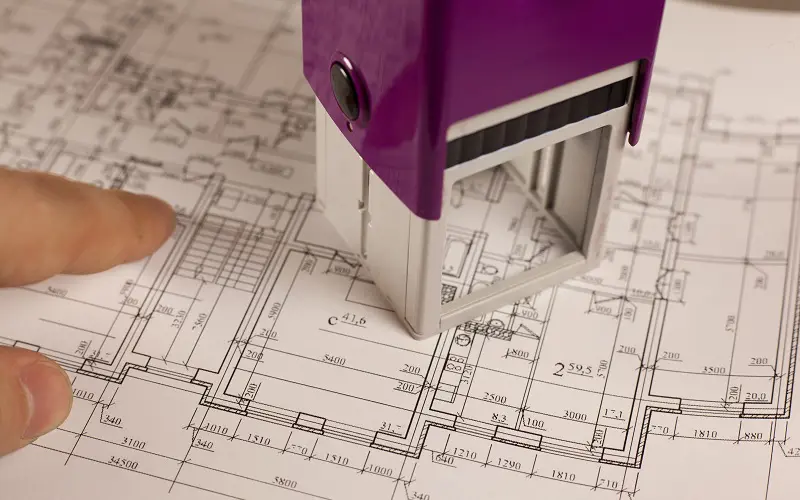
Larich/Shutterstock
Obtaining Permits and Approvals
Before beginning any excavation project, it is important to check with your local building department to make sure you have all the necessary permits.
This includes obtaining a permit for the actual excavation as well as any additional permits required for related work such as electrical or plumbing.
Depending on where you live, there may also be zoning regulations that need to be taken into consideration before starting your project.
Safety Considerations
Safety should always be a top priority when undertaking an excavation project. Make sure you are familiar with safety protocols and follow them at all times during the digging process.
Wear protective gear such as hard hats, goggles, gloves, and steel-toed boots while working in the area and keep children away from the site at all times.
If using power tools or heavy machinery during the job, ensure that everyone involved has been properly trained in their use beforehand.
Finally, consider renting equipment instead of buying it outright; this will save space onsite since bulky items like excavators don’t need to be stored between uses and eliminate maintenance costs associated with owning large pieces of machinery.
Once you’ve obtained the necessary permits and approvals, taken safety precautions, and prepared for any disruption during the project, it’s time to move on to aftercare.
This includes finishing touches for your new space, maintenance tips for keeping it in good condition, and ideas of what to do with your newly created space.
Aftercare for Your Newly Dug Out Basement
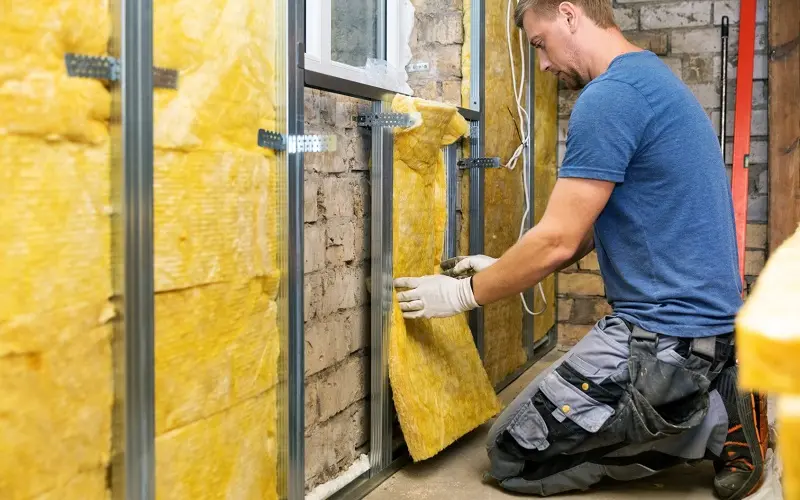
ronstik/Shutterstock
Once your basement has been dug out, there are a few finishing touches you can do to make it more comfortable and inviting. Adding insulation will help keep the space warm in winter and cool in summer.
You may also want to consider adding drywall or paneling to give the walls a finished look. If you plan on using the space as an extra living area, installing flooring is essential – carpet, tile, laminate, hardwood – whatever fits your budget and style preferences.
Finally, if you’re planning on using electrical outlets or lighting fixtures in the space, be sure to have them installed by a professional electrician for safety reasons.
Now that your basement has been dug out, what will you do with all this newfound space? Depending on how much room you have available, there are lots of possibilities!
Consider turning it into an extra bedroom or home office where family members can work from home without distraction. Or maybe create a cozy den where everyone can relax after dinner together, watching movies or playing board games?
Maybe even set up a mini-gym complete with exercise equipment so everyone can stay fit without having to leave home! The possibilities are endless when it comes to making good use of this new addition!
Once your basement has been dug out, there are a few finishing touches you can do to make it more comfortable and inviting.
Adding insulation will help keep the space warm in winter and cool in summer. You may also want to consider adding drywall or paneling to give the walls a finished look.
If you plan on using the space as an extra living area, installing flooring is essential—carpet, tile, laminate, or hardwood—whatever fits your budget and style preferences.
If you’re planning on using electrical outlets or lighting fixtures in the space, be sure to have them installed by a professional electrician for safety reasons
FAQs
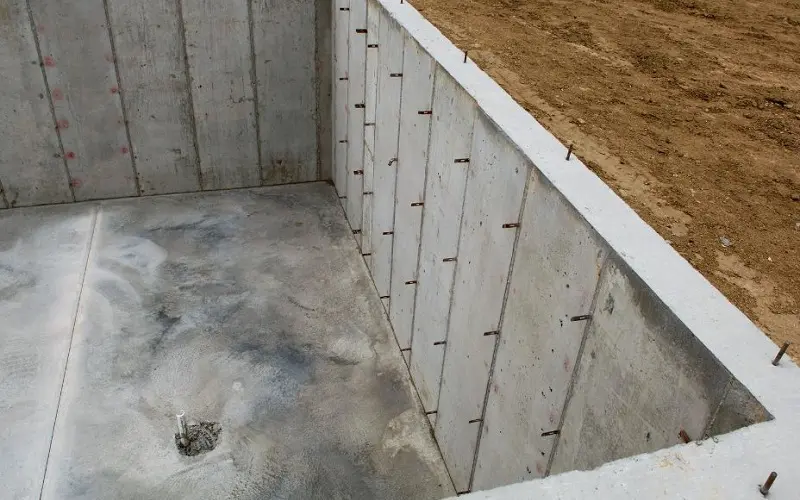
northlight/Shutterstock
Is it worth it to dig out a basement?
Digging out a basement can be an expensive and time-consuming project, but it can also add significant value to your home.
It’s important to weigh the costs of excavation, construction materials, labor, and permits against the potential benefits such as increased living space or improved energy efficiency.
Ultimately, whether digging out a basement is worth it depends on your individual circumstances and goals for your home.
Research local contractors and compare quotes to ensure you get the best deal possible before making any decisions.
Is it cheaper to build up or dig a basement?
The answer to this question depends on a variety of factors, such as the size and scope of the project, soil conditions, local building codes, and access to materials.
Generally speaking, digging out a basement is more expensive than building up due to excavation costs. However, if there are issues with water drainage or soil stability that make it difficult or impossible to dig out a basement then building up may be cheaper in the long run.
Ultimately it’s best to consult an experienced contractor who can evaluate your specific situation and provide you with an accurate cost estimate for both options.
Can I dig out my basement myself?
Digging out a basement yourself is possible, but it’s not recommended. It requires extensive knowledge of construction and engineering, as well as the right tools and safety equipment.
You’ll need to be aware of any potential risks such as flooding or structural damage that could occur during the process.
If you’re unsure about taking on this project yourself, it’s best to hire a professional contractor who can handle the job safely and efficiently.
How long does it take to dig out a basement?
Digging out a basement can be a time-consuming and labor-intensive task.
It typically takes anywhere from 3 to 10 days, depending on the size of the project and how much excavation is needed.
The process involves removing soil, digging down to create space for walls and floors, installing footings or foundations, pouring concrete, framing walls and floors with lumber or steel beams, adding insulation and vapor barriers as well as other finishing touches like drywall installation.
A professional contractor may be able to complete the job faster than an amateur DIYer due to their experience in this type of work.
Conclusion
Whether you choose to hire a professional or take on the project yourself, there are many considerations and steps involved in the process.
It is important to plan ahead and research thoroughly before beginning any digging work so that you know what costs may be associated with the project.
With proper preparation and aftercare, your newly dug-out basement will be an asset for years to come!

